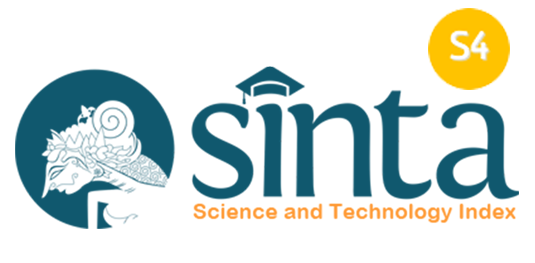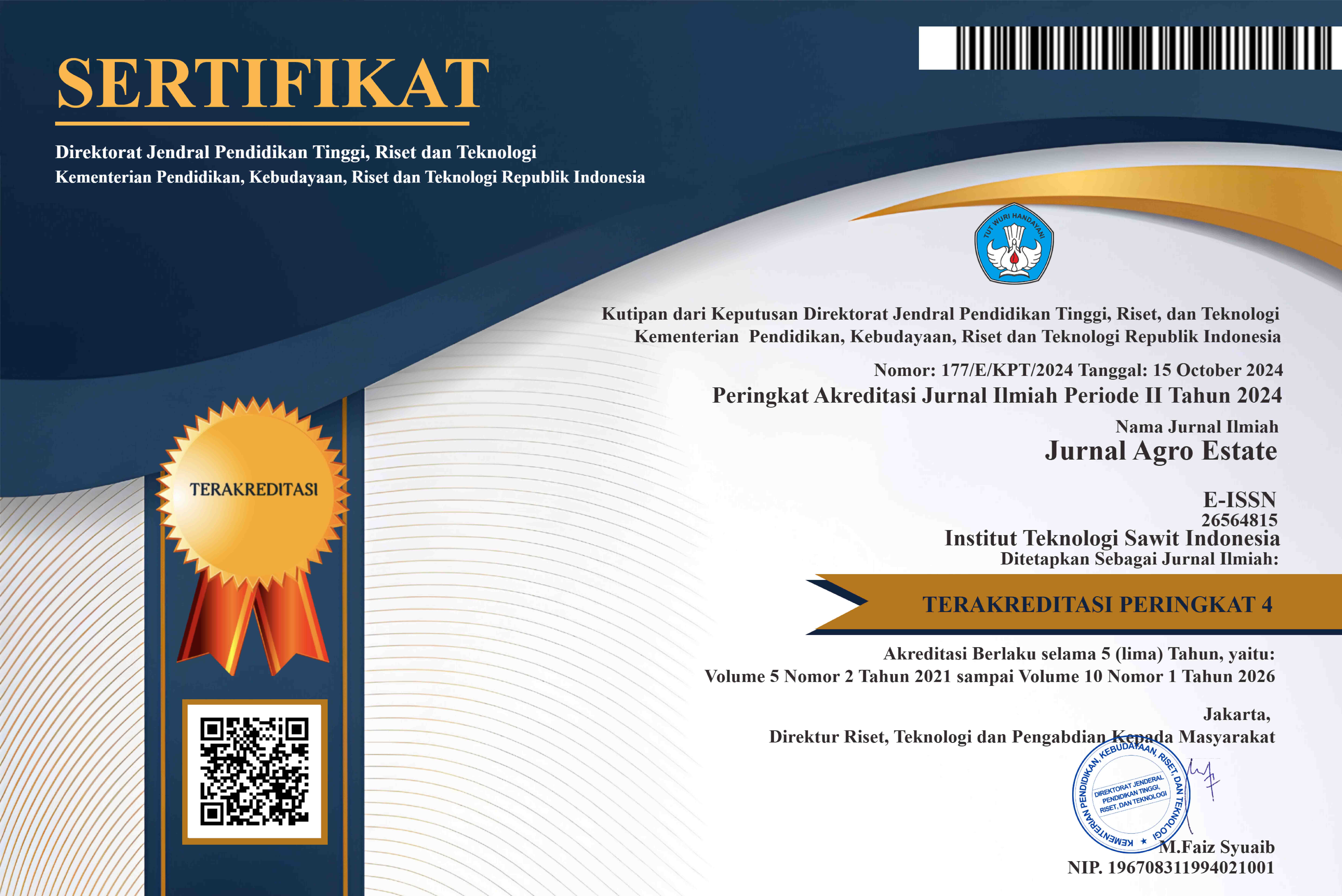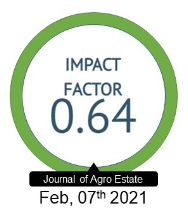The EFFECTIVENESS TEST OF Cordyceps militaris FUNGUS AGAINST FIREWORM Setothosea asigna
DOI:
https://doi.org/10.47199/jae.v8i2.266Keywords:
Cordyceps militaris, Entomopatogen, Pengendalian hayati, Sethotosea asignaAbstract
Oil palm industry is an important source of Indonesian income. In its cultivation, oil palm plants also face some challenges, one of which is the attack of fireworm Setothosea asigna. Fireworms are insects that can cause serious damage to oil palms. Various efforts were often made to control fireworm, one of which is by using biological agents such as the Cordyceps militaris fungus. The aim of this research is to determine the effectiveness of C. militaris fungus against S. asigna. The research was carried out in the Experimental Area of Institut Teknologi Sawit Indonesia, from March to May 2024, using the Non-Factoral Randomized Block Design (RBD) with 5 treatments, namely F0/Control (without application of C. militaris), F1 (application C. militaris 15 grams/1 liter of water), F2 (application of C. militaris 20 grams/1 liter of water), F3 application of C. militaris 25 grams/1 liter of water) and F4 (application of C. militaris 30 grams/1 liter of water) with 5 repetitions. Data obtained was analyzed by using Analysis of Variance (ANOVA) and continued with Duncan's Multiple Range Test (DMRT). Result showed that C. militaris fungus was effective in controlling S. asigna. In this research the most effective concentration of C. militaris fungus in controlling S. asigna was 30 grams/1 liter of water (F4), where in this treatment mortality 100% and LT50 occurs faster than in treatments F0, F1, F2 and F3.
Downloads
References
Ginting, L. A., Oemry, S., & Lubis, L. (2015). Uji Patogenitas Jamur Cordyceps militaris L. terhadap Ulat Api (Setothosea asigna E.) (Lepidoptera: Limacodidae) di Rumah Kasa. Jurnal Online Agroekoteaknologi, 3(2), 785–789.
Iswanto, A. H., & Siswanto, D. (2018). Pengendalian Hayati Setothosea asigna (Walker) (Lepidoptera: Limacodidae) oleh Jamur Entomopatogen Metarrhizium anisopliae. Jurnal Keanekaragaman Hayati Keanekaragaman Hayati, 19(2), 676–683.
Kalshoven, L. G. E. (1981). The Pests of Crops in Indonesia. Ichtiar Baru.
Pahan, I. (2008). Panduan Lengkap Budidaya Kelapa Sawit, Managemen Agribisnis dari Hulu Hingga Hilir. Penebar Swadaya.
Pratiwi, E. S., Darma, I. D. S., & Utami, S. R. (2019). Residu pestisida pada tanah dan air di sawah, irigasi, dan daerah tangkapan air di Kabupaten Gianyar, Bali, Indonesia. Seri Konferensi IOP: Ilmu Bumi Dan Lingkungan.
Purnama, B., Himawan, A., & Tarmadja, S. (2021). Aplikasi Cendawan Entomopatogen Cordyceps militaris pada Hama Ulat Api (Setothosea asigna) di Perkebunan Satya Kisma Usaha Unit Batang Gading Muara Bungo Jambi. In Journal Agroista (Vol. 5, Issue 2).
Simanjuntak, D., Susanto, A., Prasetyo, A., & Sebayang, Y. (2011). Setothosea asigna van Eecke. Informasi OPT.
Siregar, M. A. N., Manullang, M., Siregar, R. T., & Damanik, S. E. (2019). Dampak Perusahaan Kelapa Sawit PTPN-IV Terhadap Kesejahteraan Sosial Masyarakat Dalam Pembaangunan Wilayah Di Desa Kedai Damar Kecamatan Pabatu Kabupaten Serdang Bedagai. Regional Planning, 1(1), 39–53.
Song, C., Jeon, Y., Yang, B., & Sung, J. (1998). Anti complementary activity of exopolymers produced from submerged mycelial cultures of higher fungi with particular reference to Cordyceps militaris. Journal of Microbiology and Biotechnology, 536–539.
Sung, G., Hywel-Jones, N., Sung, J., Luangsaard, J., Shrestha, B., & Spatafora, J. (2007). Phylogenetic classification of Cordyceps and clavicipitaceous fungi. Studies In Mycology.
Susanto, A., Prasetyo, A. E., Simanjuntak, D., Perdana, T. A., Priwitama, H., Sudharto, P. S., De Chenon, A., Sipayung, A., Tri Widi, P., & Purba, R. Y. (2012). EWS: UlatApi, Ulat Kantung, Ulat Bulu. . Seri Kelapa Sawit Populer 09. Pusat Penelitian Kelapa Sawit. Medan.
Wibowo, L., Hariri, A. M., Fitriana, Y., & Dirmawati, S. R. (2022). Sudi Potensi Jamur Cordyceps militaris L. Sebagai Agensia Hayati Hama Ulat Api (Setothosea asigna E.) di Perkebunan Kelapa Sawit In Vitro. Jurnal Agrotek Tropika, 10(4), 535. https://doi.org/10.23960/jat.v10i4.6351
Yuliani, S., & Syamsudin, S. (2016). Pengaruh Pengendalian Hama Terhadap Produksi Kelapa Sawit Di PT. Perkebunan Nusantara XII (Persero) Kebun Unit III dan IV Tepian Batang Kabupaten Kubu Raya. Jurnal Hama Dan Penyakit Tumbuhan Tropika, 16(2), 116–124.
Downloads
Published
How to Cite
Issue
Section
License
Copyright (c) 2024 Jurnal Agro Estate

This work is licensed under a Creative Commons Attribution-ShareAlike 4.0 International License.























